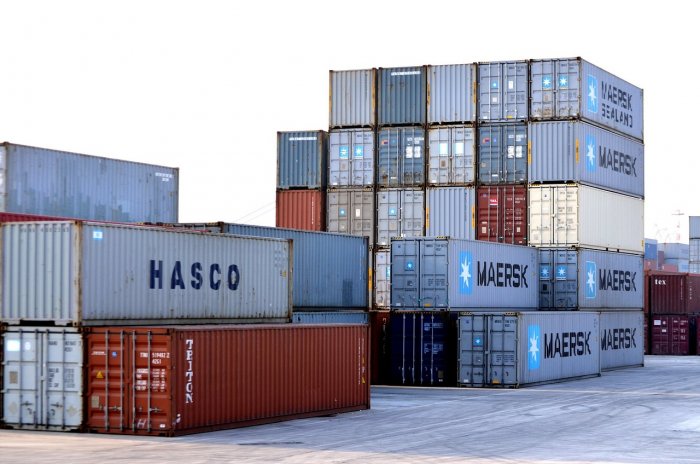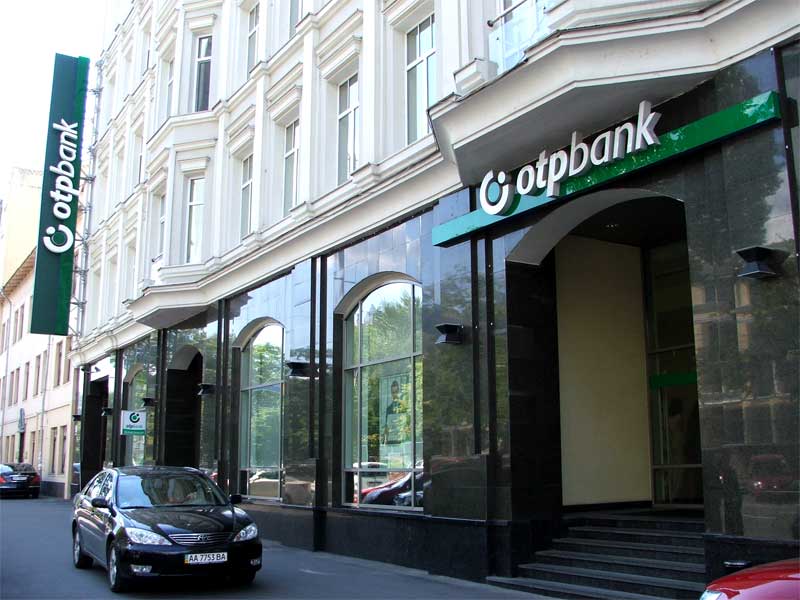Tax authority employing new control methods - Deloitte

Big Four professional services firm Deloitte says the National Tax and Customs Administration (NAV) has changed tack recently, mostly checking data from online cash registers and the Electronic Public Road Trade Control System (EKÁER) to see whether taxpayers are abiding by the rules, and only starting serious probes when they are "sure to find something."
Mihály Harcos
According to data from NAV, 92.5% of investigations are shorter than "traditional" revisions, just checking if company practices are in line with the law. The number of such examinations has grown by 36%, while the ratio of "traditional" tax investigations was just 7.5% in 2018. However, while three out of four traditional procedures were successful, the success ratio in the case of short compliance checks was only 14%.
"These statistics show the change in the tax authorityʼs practice," says Mihály Harcos, Deloitte Legalʼs lead attorney in its tax litigation group. "Selection happens automatically, with the help of software-supported tools and analysis of available data, taking the burden off auditors. NAV investigates the compliance willingness of taxpayers with a larger number of small investigations. If the suspicion of a breach of the law comes up, NAV begins a large-scale tax investigation - just to make sure - and in the majority of cases the investigation yields success."
Harcos adds that some 90% of revealed breaches are related to VAT.
Deloitte says that NAV uses its database to determine the main direction of investigations and identify taxpayers posing a risk. One of the most important elements of the strategy is the obligation to provide real-time invoicing data, which, together with the online cash register service, makes it possible for the tax authority to observe important, high-value transactions in Hungary.
EKÁER is also an important tool in NAVʼs arsenal, as being able to check on the turnover of goods may help in identifying tax dodging attempts, notes Deloitte.
"In the future, one can expect the further expansion of software-driven and automated tools," says Attila Schütt, manager at Deloitteʼs tax division. "For example, a short while ago it came up that the threshold of invoicing data reporting should be lowered or abolished altogether."
In 2018, NAV conducted 177,107 investigations, finding tax discrepancies to the net value of HUF 257.7 billion. The amount of imposed fines and overdue payments came to HUF 198 bln. The tax authority focused on supporting voluntary compliance, and investigating activities of priority taxpayers and high-risk entities.
SUPPORT THE BUDAPEST BUSINESS JOURNAL
Producing journalism that is worthy of the name is a costly business. For 27 years, the publishers, editors and reporters of the Budapest Business Journal have striven to bring you business news that works, information that you can trust, that is factual, accurate and presented without fear or favor.
Newspaper organizations across the globe have struggled to find a business model that allows them to continue to excel, without compromising their ability to perform. Most recently, some have experimented with the idea of involving their most important stakeholders, their readers.
We would like to offer that same opportunity to our readers. We would like to invite you to help us deliver the quality business journalism you require. Hit our Support the BBJ button and you can choose the how much and how often you send us your contributions.











